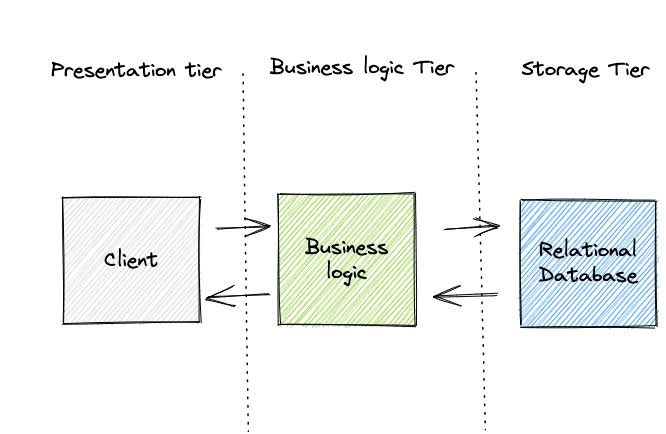The Nature of Data Storage: Imperpetuity vs. Ephemeral Data
 Chukwuemeka Stanley
Chukwuemeka Stanley
In building Enterprise Level Applications, we often categorize data based on how long it needs to be retained. Two key concepts that often come up are imperpetuity and ephemeral data. Let's understand what these terms mean and why they matter, using simple language and relatable examples.
What is Imperpetuity?
Imperpetuity refers to data that needs to be kept forever. This data is crucial for various reasons, such as legal requirements, historical value, or business continuity. Here are some everyday examples:
Financial Records: Imagine your company's financial statements. These need to be stored indefinitely to meet regulatory requirements and for future audits.
Legal Documents: Contracts, patents, and other legal documents fall into this category. They must be preserved to protect the company's interests.
Historical Archives: Think of historical photos, videos, and records that tell the story of an organization. These are invaluable and must be kept safe for future generations.
What is Ephemeral Data?
Ephemeral data, on the other hand, is temporary. This data is only needed for a short period and doesn't require long-term storage. Here are some common examples:
Session Data: When you log into a website, it creates session data to keep track of your activity. This data is deleted once you log out.
Cache Data: Web browsers store cache data to load pages faster. This data is regularly cleared to free up space.
Temporary Files: When you run a software application, it might create temporary files to process tasks. These files are usually deleted after the task is completed.
Why Does This Matter?
Understanding the difference between imperpetuity and ephemeral data is crucial for designing effective data storage and management strategies. Here’s why:
Cost Efficiency: Storing data indefinitely can be expensive. By identifying ephemeral data, you can save on storage costs.
Data Security: Permanent data needs robust security measures to protect it from breaches. Ephemeral data, while still needing security, doesn’t require the same long-term measures.
Compliance: Certain data, like financial and legal records, must be kept for a specific period to comply with laws and regulations. Knowing which data to retain helps ensure compliance.
Real-World Applications
Imperpetuity
Healthcare: Patient medical records are stored indefinitely to provide ongoing care and meet legal requirements.
Education: Academic records and transcripts are preserved for future reference and accreditation.
Ephemeral
E-commerce: Shopping cart data that holds your items until you check out. Once the transaction is complete, the data is cleared.
Social Media: Temporary stories or posts that disappear after 24 hours.
Conclusion
Data is the backbone for our dynamic operations. By understanding the difference between imperpetuity and ephemeral data, we can make smarter decisions about how to manage and protect our information. Whether you're handling crucial financial records or temporary session data, knowing how to classify and treat these types of data will help you optimize your IT strategies and ensure your data management practices are both efficient and compliant.
Let's embrace these concepts to streamline our data practices and build a more efficient, secure, and compliant applications.
Subscribe to my newsletter
Read articles from Chukwuemeka Stanley directly inside your inbox. Subscribe to the newsletter, and don't miss out.
Written by

Chukwuemeka Stanley
Chukwuemeka Stanley
I am an aspiring Cloud Data Engineer with an aim to simplifying tech stack I learn using easy-to-understand stories and analogies, making complex ideas clear and relatable.